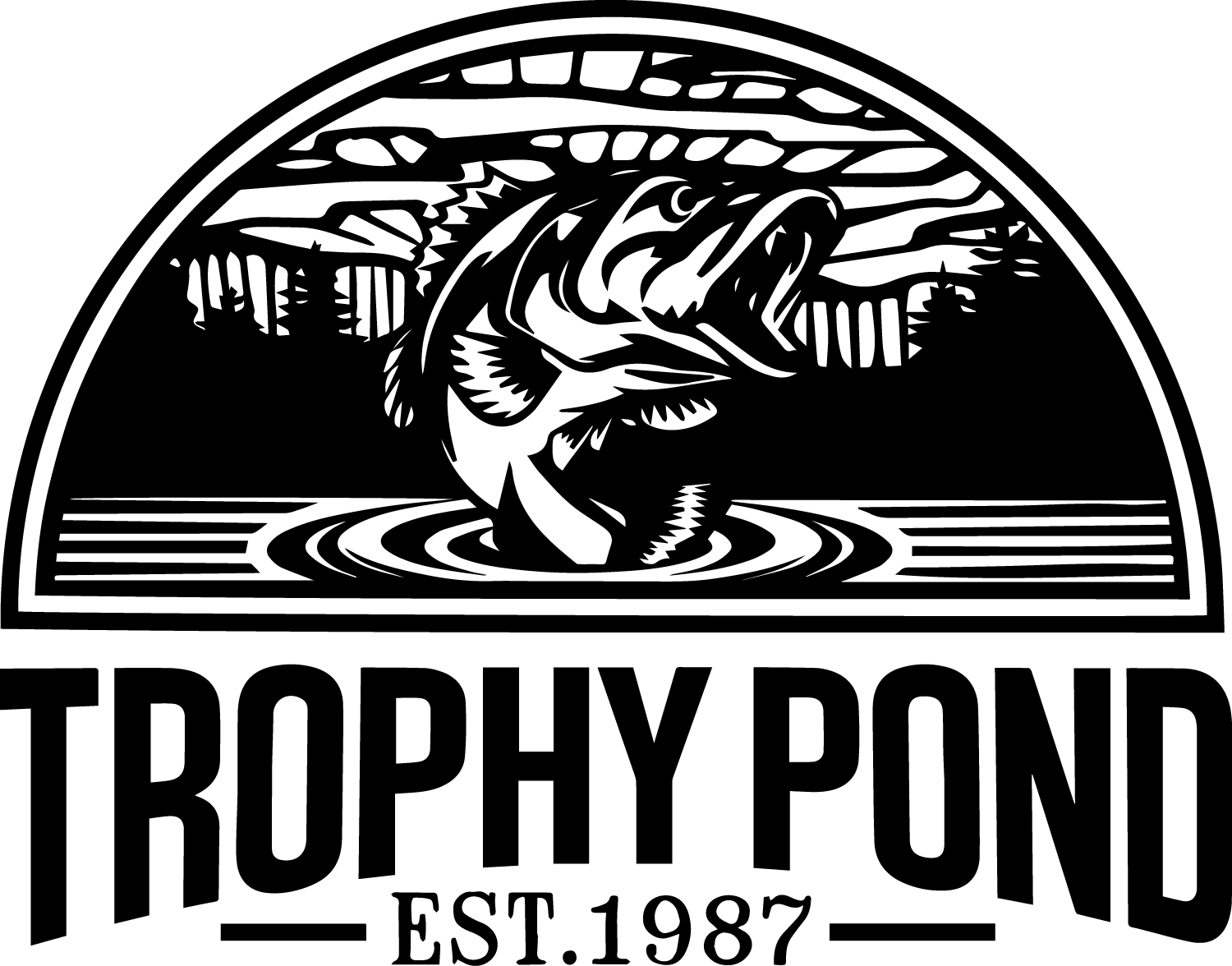Lake Management Knoxville: Should I Stock Florida Bass?
Most people would agree that a study performed by three fisheries scientists with Ph.D.’s and published in a peer-reviewed journal of scientific fisheries research carries more weight than the casual observation of a fish farmer with no formal education in fisheries science. And yet more than a couple of our competitors are telling people that Florida bass won’t survive Tennessee winters. There is a large fish farm in Arkansas the owner of which made an observation several years ago that they had had some mortality of Florida bass under the ice in wintertime, and since then there have been people online citing that anecdotal, highly unscientific observation as though it were hard science and using it to justify the conclusion that Florida bass won’t survive in half of Tennessee, much less further north. The counter to this is the fact that three actual fisheries scientists studied temperature tolerances for hundreds of North American freshwater fish species, reviewing 80 different studies that go back to the 1960’s, and actually listed the upper and lower temperature tolerances for every species they studied, including Florida bass.
CT Maxima is the maximum temperature a fish can withstand without encountering physiological difficulty, i.e. that’s the point at which its motor functions begin shutting down and it nears death. CT Minima is the minimum temperature a fish can withstand without having problems that bring it close to death. These aren’t random guesses of a farmer; these are actual documented temperatures.
The study in question is called, “Temperature tolerances of North American freshwater fishes exposed to dynamic changes in temperature,” and it was published by Thomas L. Beitinger, Wayne A. Bennett and Robert W. McCauley in Environmental Biology of Fishes in 1998.
If your life depended on the success or failure of open heart surgery, would you hire a heart surgeon or a nurse to do the surgery? If the realization of your dream pond hinged on stocking the best fish that gave you the best chance to realize your vision, would you trust three fisheries scientists with doctorates or a non-degreed farmer?
The CT minima of a northern largemouth bass, Micropterus nigricus (the scientific name was recently changed from Micropterus salmoides salmoides), is 0.2 degrees Celsius, or 32.36 degrees Fahrenheit. So of course the CT minima for Florida bass has to be multiple or several degrees higher, right? All those online pond geniuses and all of our competitors who just got to this state a few years ago would never lead you astray with bad information just to pad their pockets and take a sale from a more knowledgeable competitor.
The CT minima for Florida bass, now known as Micropterus salmoides but at the time of the study referenced above known as Micropterus salmoides floridanus, is 0.2 degrees Celsius, or 32.36 degrees Fahrenheit.
It’s exactly the same as it is for a northern largemouth.
Which is why we were confident in recommending pure Florida bass seven years ago for a 60-acre lake in Indianapolis. Those bass haven’t just survived; they have thrived. Big bass were not common in that lake prior to stocking Floridas; now they’re a daily thing. Our contact at the lake tells us that it’s the norm for him now to catch at least one six-pound or larger largemouth every time he fishes the lake. In March 2024, he caught a 6-9, a 6-7, and “a bunch” of 5-pound bass in one afternoon; he caught a bass just under eight pounds in April 2025. Try to find another lake anywhere in Indiana where you can have bass fishing like that. And it’s 100% because of the Florida bass.
See if these bass look like they’re doing okay in that Indiana lake:
By the way, some of those online experts are telling people that F1 largemouth will thrive further north than a pure Florida bass; they’re basing this conclusion on nothing other than their own guesswork.
The CT minima for an F1 largemouth, a cross between a Florida bass and a northern largemouth, is 0.2 Celsius.



